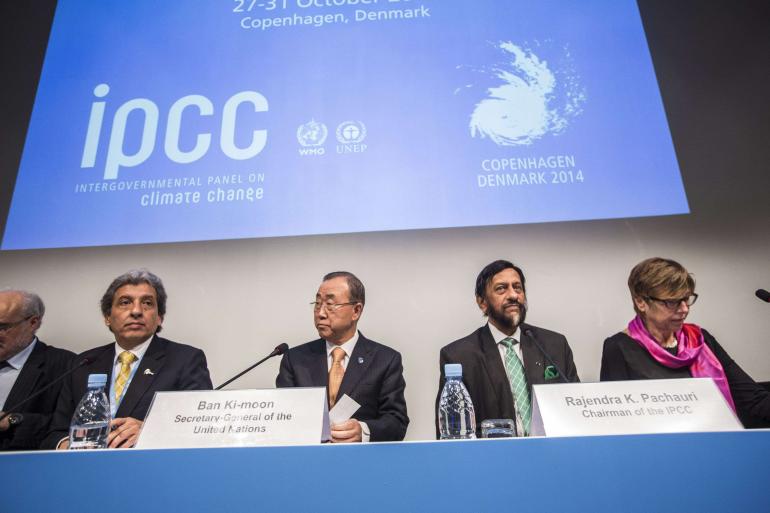The United Nations’ Intergovernmental Panel on Climate Change (IPCC) published a report in which it appeals to the international community to “end its reliance on fossil fuels like coal, oil, and gas by 2100”. If not, the effects of climate change will be “severe, pervasive, and irreversible”. The IPCC said that the majority of global energy needs must be met by renewable sources by 2050, which is only 36 years ahead. At the moment, about a third of the energy is generated in sustainable ways but this figure must rise to 80 percent by 2050. One of the authors of the Synthesis Report published in Copenhagen, Professor Arthur Petersen of the University College London, commented “of course, it is up to politicians to decide which risks they want to take with climate change, so it is not policy prescriptive in saying that these reductions should take place, but it is absolutely clear that the reductions should take place if you want to limit temperature increases to 2 degrees Centigrade.”
The study compiles together major findings made about the causes, effects, and solutions to global warming. The report claims that changes to the climate are unprecedented as the period between 1983 and 2012 was the warmest 30-year period in 1,400 years. According to the study, all the available evidence suggests that unless the usage of fossil fuels is reduced, the temperature will go up by up to 5 degrees Celsius by 2100. Such an increase would have a “devastating” impact on the world, the report says.
Interestingly, not all scientists agree with the devastating potential of the temperature increase. Zoologist Matt Ridley says that there is evidence to say that global warming – the phenomenon which UN Secretary-General Ban Ki-moon described as the greatest threat faced by humanity –has slowed down or even stopped. In September, Mr. Ridley said that the climate-research establishment had finally admitted that global warming had stopped since before this century had begun. However, Ridley’s opinion was described as “absurd” by Jeffrey Sachs, a U.S. economist and director of Columbia University’s Earth Institute. Professor Sachs implied that Mr. Ridley had misrepresented and misinterpreted data from scientific reports on climate change. Ridley strongly denies the charges.




